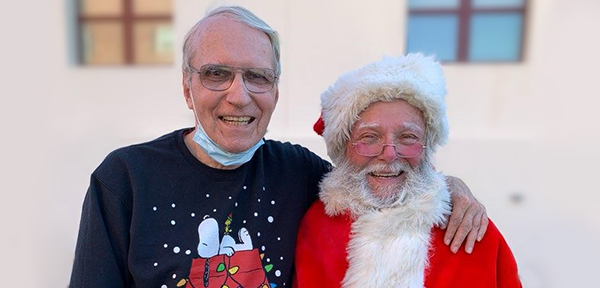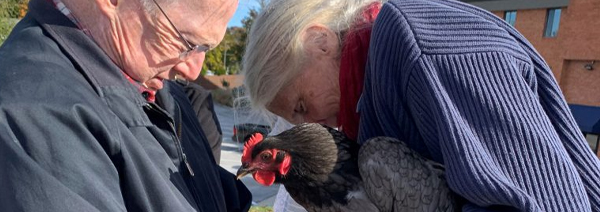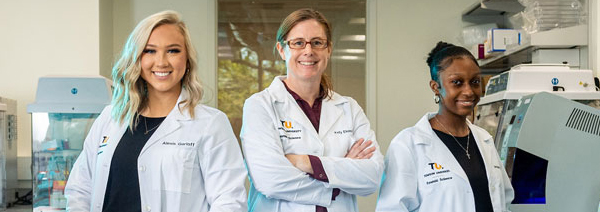|
Standard Times

This past weekend we turned the clocks back an hour as we ended Daylight Saving Time. Some bright-eyed, bushy-tailed folks consider this to be a godsend: an extra hour of sleep! Others might have used this extra hour to be productive in some way by going on that extra walk, cleaning the house, reading a book, etc. I am sure I must know these people, but I can’t say I’m one of them. For my part, I squandered the extra hour. Actually, I spent at least an hour—if not more—thinking about how much I dislike “falling back” each year. Oh sure, who doesn’t like to have daylight first thing in the morning? But I could do without the trade-off of having it feel like midnight at five o’clock at night. Statistics show that there is an increase in accidents and heart attacks during this disruption to our circadian rhythms. It’s not helpful that pets and kids don’t seem to get the memo about the time change. Lest I start sounding like a real downer, while I was finding my arguments against ending Daylight Saving Time, I discovered that Standard Time is no longer all that standard after all. Rather than taking up half the year as it once did, it is now relegated to just four months. In other amazing news, I miraculously changed the clock in my car on the first try without having to consult the manual. And, as if things couldn’t get any better, on this past bleary-eyed Monday morning (an extra hour of sleep, huh?), I reached into the pocket of a jacket that I hadn’t worn in months and found a clean face mask. It was nearly as good as finding cash! The fact that I got as excited as I did about the face mask is all the proof I need that, while we may be in Standard Time, these are still not standard times.
Stay safe and healthy,

Tracy Jacobs
| |

Instructor, Dick Thompson, ended the semester by inviting a surprise guest to class on the last day of his course on “A Christmas Carol”.
| |

Many of us think back to science class with fond—or not so fond—memories of experiments, science fair projects, and learning about what really makes the world turn. Osher at Towson University is fortunate to have Jody Johnson teaching “Science with Grandma and Grandpa” during our fall 2021 semester. She’s giving Osher members a chance to relive those positive experiences once again—and teaching them how to share the fun of science with their grandkids.
This course has been unconventional in its presentation style, offering Osher members the opportunity to learn fun and educational topics and experiments to share with family and friends.
| |

Professor Kelly Elkins, center, helped to open the Towson University Human Remains Identification Lab in 2018. In that time she has mentored students like Alexis Garloff '22, left, and Jordan Brooks '23, right, in forensic chemistry and DNA recovery. (Alex Wright/Towson University)
In early October, it was announced that an independent group of cold-case investigators claimed to have found the identity of the Zodiac Killer, one of America’s most notorious serial killers and a case that has gone unsolved for more than 50 years. The volunteer team, called the Case Breakers, consists of more than 40 former FBI officials, law enforcement officers, prosecutors and forensic scientists. And Kelly Elkins, an associate professor in Towson University’s Department of Chemistry.
| |

Ongoing: Towson University Department of Kinesiology Seeks Volunteers
Are you inactive or recreationally active?
Purpose: We are conducting a study to examine muscle oxygen consumption in response to two stimuli (following a rush of blood, or muscle stimulation) across various ages and how it relates to quality of life.
Inclusion criteria: Healthy, non-smokers, 18 or older with a body mass index (BMI) of < 30kg/m2, and either inactive or recreationally active (moderate intensity aerobic or resistance exercise for ³80 minutes/week), ability to walk continuously for ~30 minutes.
Exclusion criteria: Smoker, BMI > 30kg/m2, musculoskeletal injury, cardiovascular disease, metabolic disorder or health condition in which high intensity exercise is not recommended.
Requirements: Testing will involve several online questionnaires and 1 visit to our lab located at 1 Olympic Place (participants will be given a parking code for free parking in the garage).
Testing will include:
- Questionnaires about your health and physical activity
- Blood pressure measures
- A blood flow test
- A muscle stimulation test
- A walking test
- A muscular endurance test
If interested, please contact: Rian Landers-Ramos, Ph.D. (rlandersramos@towson.edu) or Hyunjeong Park, Ph.D., MPH, MSN, RN (hpark@towson.edu)
| |
|
We will host the winter Lecture Series in January and February. Spring 2022 semester starts in early March. Make sure to check your emails and this newsletter for more information—coming soon!
| |
Catch up with us on Facebook
Follow Osher at Towson University on Facebook, where we share relevant, helpful, and fun resources.
Follow Us on Facebook
|
|
| |
|
Missed a newsletter? View archives below
| |
| |
|